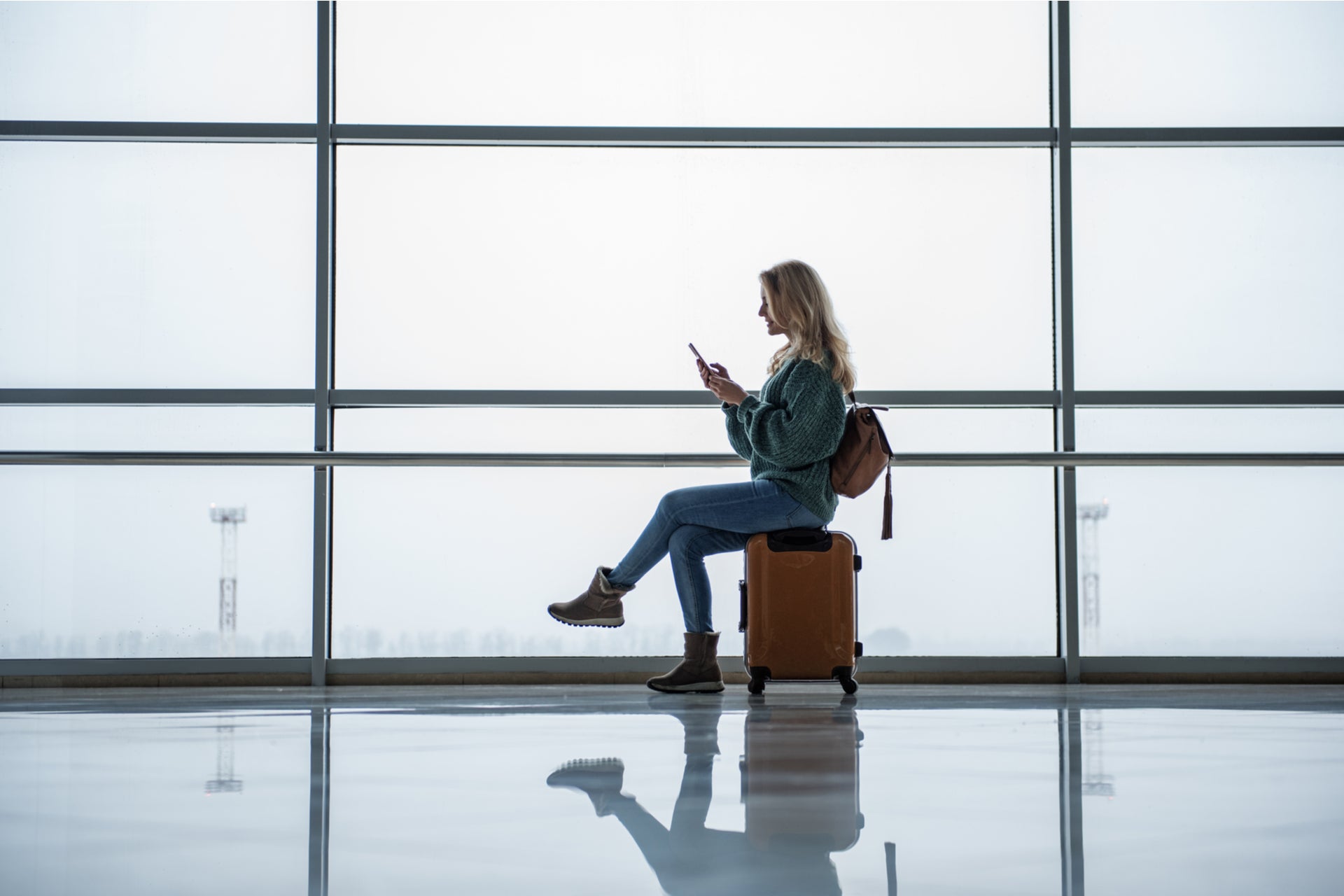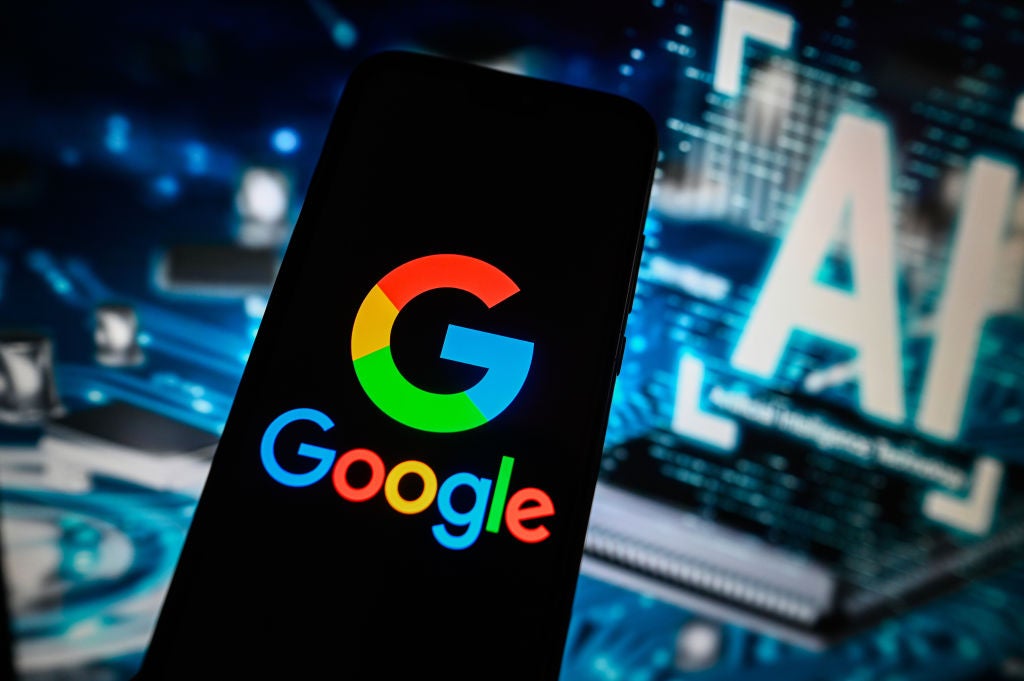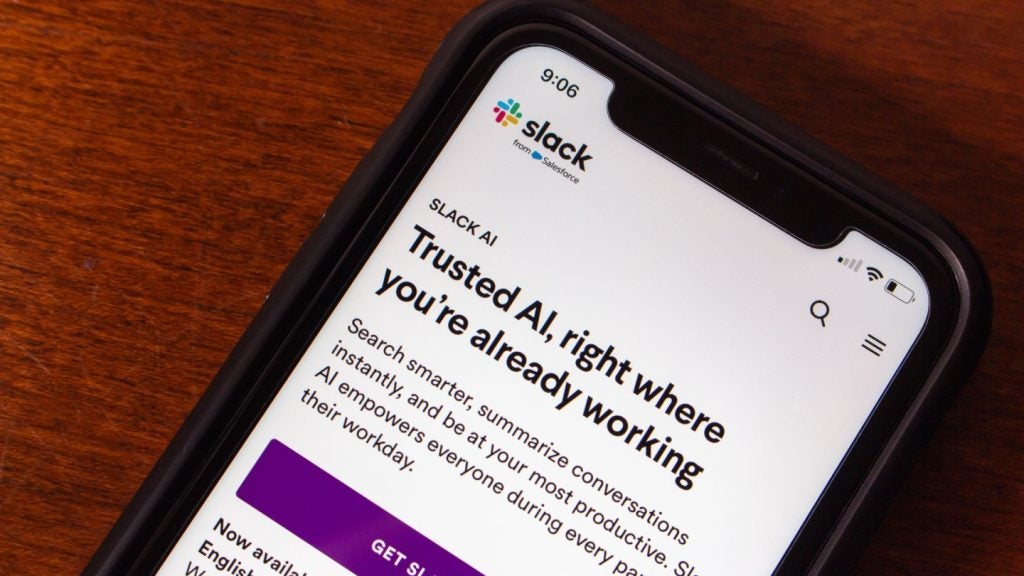
One thing most travellers can agree on is that the airport experience could be improved. And as we get used to seamless customer experiences elsewhere driven by connectivity, airport users are now expecting the same.
The good news is that a more polished, customer-friendly airport experience is attainable and the industry can expect to see welcome changes that will improve the way we prepare for air travel.
At the centre of this new-fangled approach to airports is the trusty smartphone. There’s a lot that we can do with our phones once the networks that enable additional services are running well in the background. When paired with artificial intelligence (AI), we can use our phones to do more than saving our boarding passes.
They can give us all the information to navigate the building quickly and efficiently and take advantage of our surroundings. Essentially, the airport building will be able to speak to us, and our mobiles will be the medium through which that interaction will take place.
Here’s an example of what the day of an air traveller could look like in the not-too-distant future.
The smartphone air traveller
The day starts like most of our days do – with a mobile phone in hand. But on a day we’re travelling, it can show us much more than the weather and our social media feeds. By the time you’ve woken up, AI systems will have predicted the likelihood of being able to secure a parking space close to the airport entrance. If you’re a frequent flyer with a favourite spot, you’ll be able to see whether that spot is available, or whether it’s likely to be by the time you arrive.
How well do you really know your competitors?
Access the most comprehensive Company Profiles on the market, powered by GlobalData. Save hours of research. Gain competitive edge.

Thank you!
Your download email will arrive shortly
Not ready to buy yet? Download a free sample
We are confident about the unique quality of our Company Profiles. However, we want you to make the most beneficial decision for your business, so we offer a free sample that you can download by submitting the below form
By GlobalDataGranted, apps already exist that track the number of spaces in a car park. With the use of AI, however, you’ll be able to see if your preferred spot is likely to be available before you even start your trip to the airport. As a result, you’ll be able to plan your trip accordingly.
So, you’ve arrived at the airport. Now what? The long queues that often greet you at the security desk are a familiar sight. AI can help here by telling you the length of all the lines so you are fully prepared to plan the rest of your time before boarding the flight. Not stopping there, the same technology can find you the nearest food vendor, tell you how busy it is, and estimate your walking time to the gate.
Deals from the retailers that are either personalised or time-sensitive (or both) help customers to make the best of their time at the airport to secure bargains. From the perspective of the retailers, it helps them to communicate directly with a captive audience.
AI air travel: Making changes
AI was one of the technologies mentioned recently by Alexandre de Juniac, the CEO of the International Air Transport Association, as a priority to put passengers at the centre of air travel. He pointed to the fact that using both AI and robotics will make more efficient use of the space found in airports. Additionally, research carried out by the same organisation found that passengers expect technology to be used at steps throughout the airport journey to make the experience smoother. Both industry and passengers are therefore calling for innovative ways of using technology, which will hopefully place the impetus on organisations to make it happen.
In order to transform the lives of travellers in significant ways, AI will have to work hand in hand with another technology – virtual Bluetooth Low Energy (BLE). When your smartphone, tablet or laptop has Bluetooth switched on, it will already be putting out BLE signals. These signals interact with battery-powered devices on the walls to deliver personalised experiences based on your location. What happened traditionally is that IT staff had to carry out time-consuming surveys of the airport to calculate the best places to site BLE devices and they also had to manually calibrate them.
Any slight change in the environment meant going through the whole process again. As a result, indoor location services were seen as expensive and not worth the investment.
More innovation, less manpower
But that doesn’t have to be the case anymore. AI technologies like unsupervised machine learning mean the radio frequency environment can be continuously updated in real-time. This eliminates the need for manual calibration. What’s more, virtual BLE devices have replaced battery-powered ones, enabling messages to be automatically configured and changed via software.
Much like AI-driven cars learn how to handle fluid environments, AI-driven wireless networks with virtual beacons do the same, ensuring an optimal location and connectivity experience for all mobile users.
All this means that accurate and efficient indoor location services are now more affordable and easily deployable within airport environments. We no longer have to read science-fiction novels to see better, smarter interactions with connected worlds. It’s available right now. With voices from both consumer and industry camps calling for better uses of technology, it’s time for AI and virtual BLE to become commonplace in airports. That way, travel will be more enjoyable, predictable and less stressful.
Read more: Zamna raises $5m for blockchain-powered airport security tech






